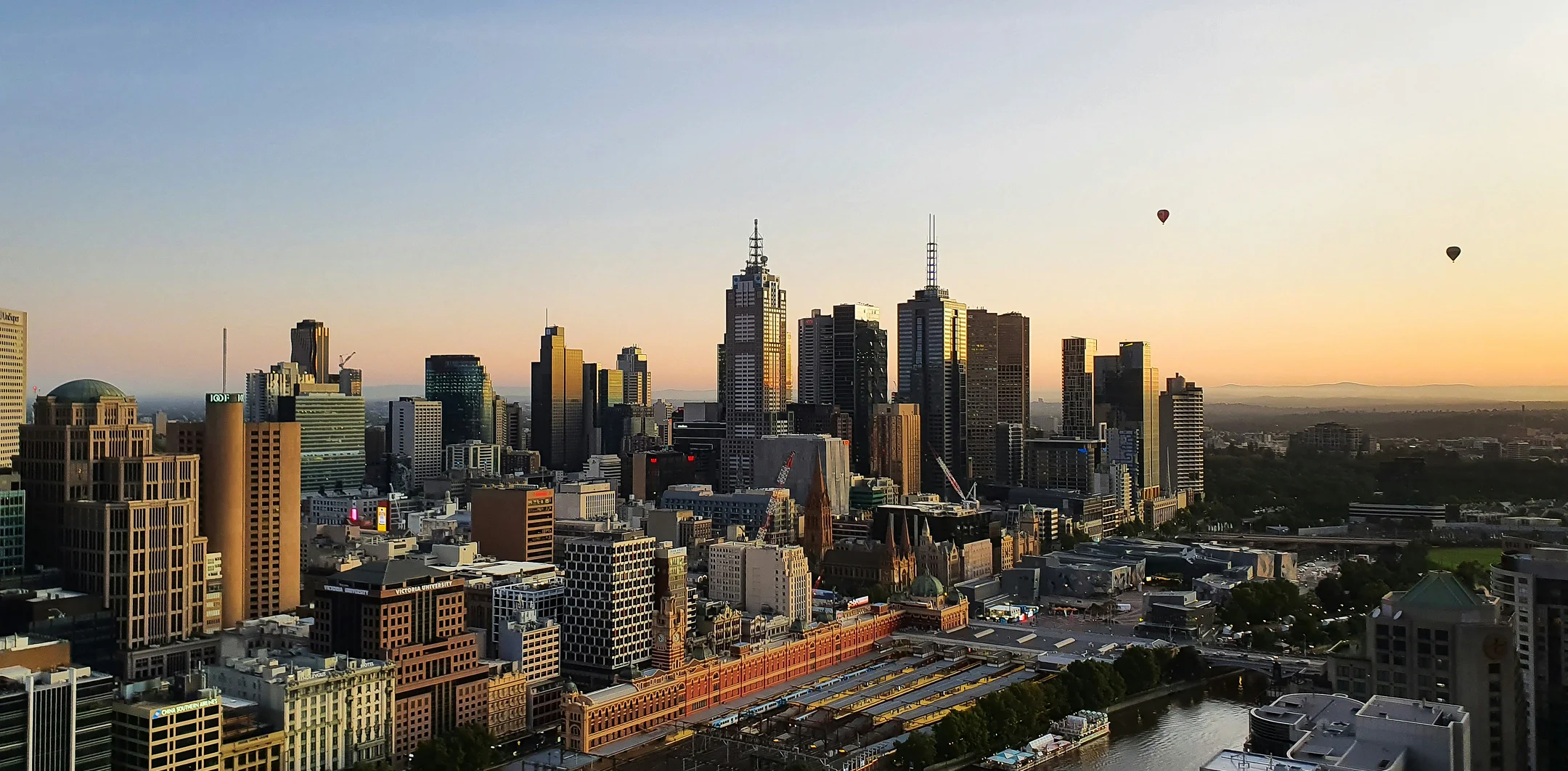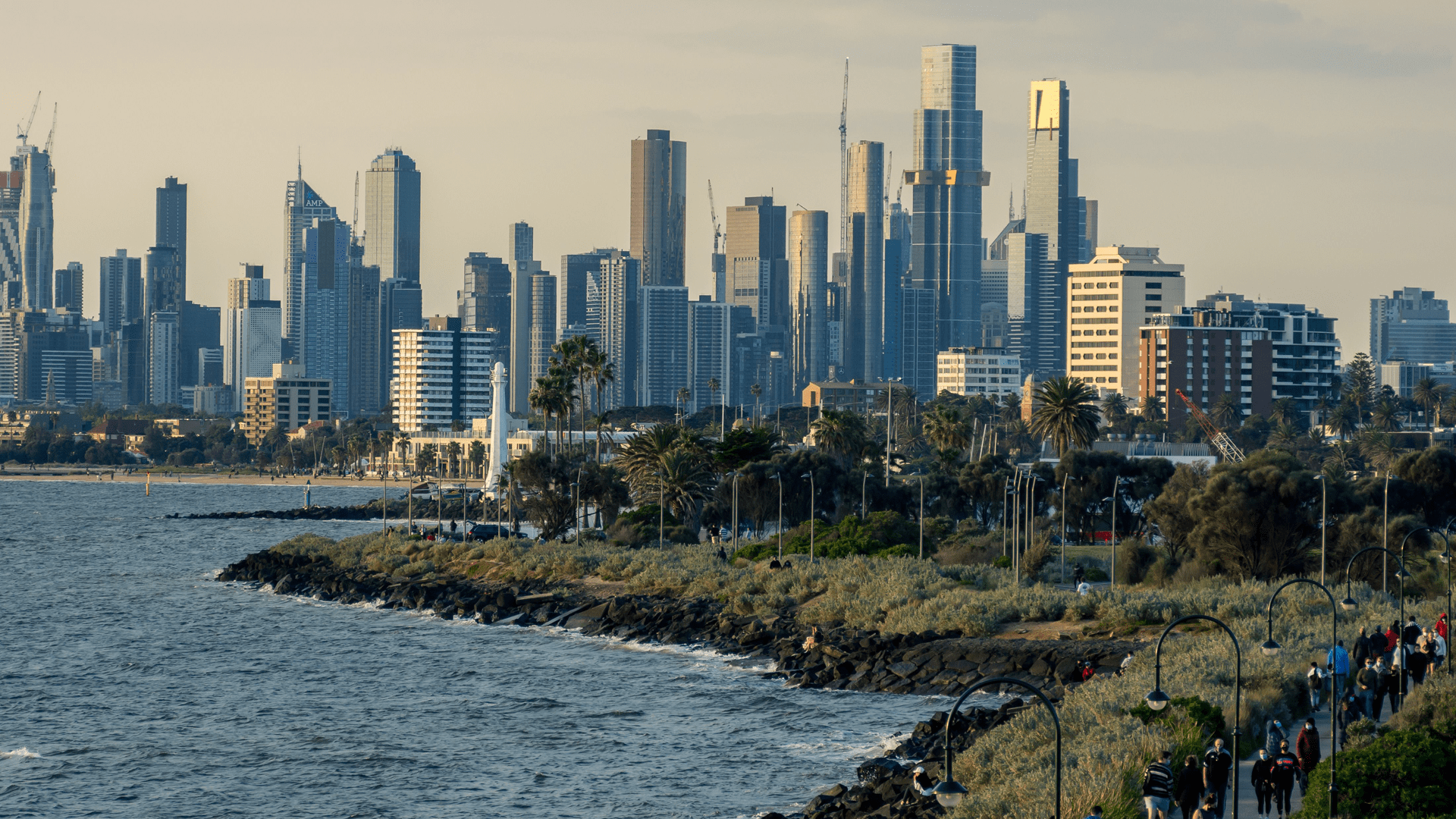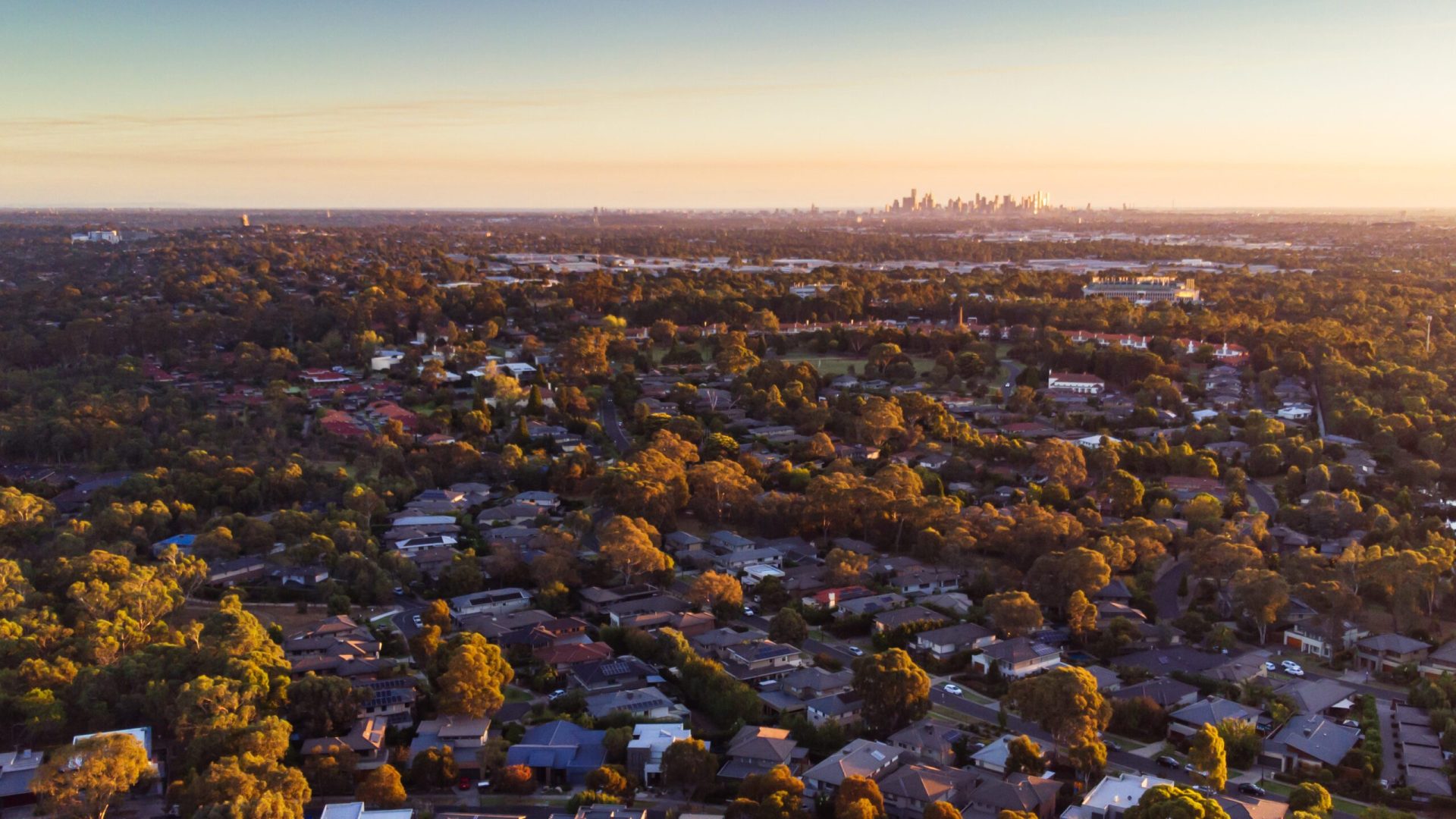Entering the property investment market can be a big decision but working out what type of investment property is best for you can be even bigger.
There are plenty of options, from traditional investments like housing and land to slightly riskier investments like new apartments or niche investments like inner-city carparks!
But how do these property investment choices compare? With new property developments rising up all over our major cities and land parcels becoming available in rural hubs, there’s an almost overwhelming amount of choice when it comes to the investment property market.
So, which property type is best for your investment needs? Is it better to buy a house in a suburb or an inner-city apartment? Let’s break it down.
Buying a House as an Investment Property
Purchasing a house as an investment property has the possibility to produce high value and returns. Land appreciates over time, so most houses will appreciate in the long term.
Although you’re paying more for a house upfront, the economic returns will likely yield significant capital growth the longer you’re in the market. In other words, owning a piece of land is so beneficial for long term gains.
Another benefit of a house is that you are in control. When you own the entire property and land, you have complete control over how you maintain and modify your property.
Even when general maintenance and upkeep is required on a freestanding house, you don’t have to ask an external party. You can go ahead and fix the gutters, modify the façade of your building, or even hire some landscape gardeners to appeal to more buyers with total freedom and control.
And yes, houses in metropolitan areas can be expensive. Land is in limited supply. Sometimes you’ll pay a real premium in these areas but by ensuring you thoroughly research and are prepared to rent your property at below the median price, a house will be a sound choice.
Property Investing: Buying Land
Buying land is the lowest maintenance way to get into property investing. There is no house to maintain, no tenants to look after, no need for renovation or construction. Just kick back and wait for your investment to appreciate over time. It’s usually the most affordable option and has the least competition.
It’s very important before you buy vacant land to find out why the lot is vacant. Many investors have lost money on investments with hidden problems. Make sure there is nothing blocking the development of the land, and consider the landscape, zoning and utilities before signing the papers.
While not always the case, investing in land alone generally offers lower returns than buying land with a structure. You’ll miss out on regular property income in exchange for less upfront costs and lower maintenance.
What about investing in apartments?
For many potential property investors, apartments hold appeal because they are considered low maintenance and tend to be more affordable than houses, especially in metropolitan areas.
However, your best tool for evaluating this option is your eyes. The abundance of apartment complexes popping up in your metro area may give you more choice but it also means more competition and lower returns.
The proliferation of metropolitan apartments has raised a few worrying issues, such as:
• Lower quality build: The rate at which developers want apartments built means that property investors must be incredibly wary of low quality building standards.
• Strata fees and maintenance costs: For most apartments, you’ll pay a strata fee for body corporate to manage maintenance. But the upkeep on, say, the pool, gym and concierge, and the building repairs, be that a new paint job or car park, can be very costly. There’s also the factor of having to agree with other owners on how (and when) to proceed, which can cause conflicts and delays.
• Decreased land value: Just like a house, when you buy an apartment, you also buy the land the apartment is on, which is a portion of the total skyscraper. Initially this is fine but fast forward 40 years and your apartment building will have depreciated, a lot. Unlike a house, which you can renovate or start from scratch because you own the land, your apartment is only 1% of the apartment building.
The Final Verdict
How you invest your money, time and energy is entirely situational. If you’re new to investing, a block of land in an up-and-coming area might be the perfect entry-point to growing your portfolio. At a more competitive price point and with less maintenance, it’s ideal for investors to trial their new financial strategies.
Alternatively, buying a house will cost you more to begin with but will produce greater returns in the long run. The freedom that comes with owning a plot of land is second-to-none. As one of our favourite sayings here at OpenCorp goes: ‘land appreciates, buildings depreciate’.
At Open Corp, we try to steer potential property investors away from apartments because of market fluctuations and stagnations. We’ve noticed over the years that many developers don’t get active until they see a developing boom. But it takes two or three years for them to deliver supply to the market, which means they arrive after the boom. As a result, the over-supply for a year or two causes prices to stagnate until the excess supply has been soaked up.
If building your investment portfolio is on your mind but not on your agenda, OpenCorp can help you figure it out. Get in touch today – we’re specialists and mentors for professionals just like you, and help families constantly reach their investment goals.








